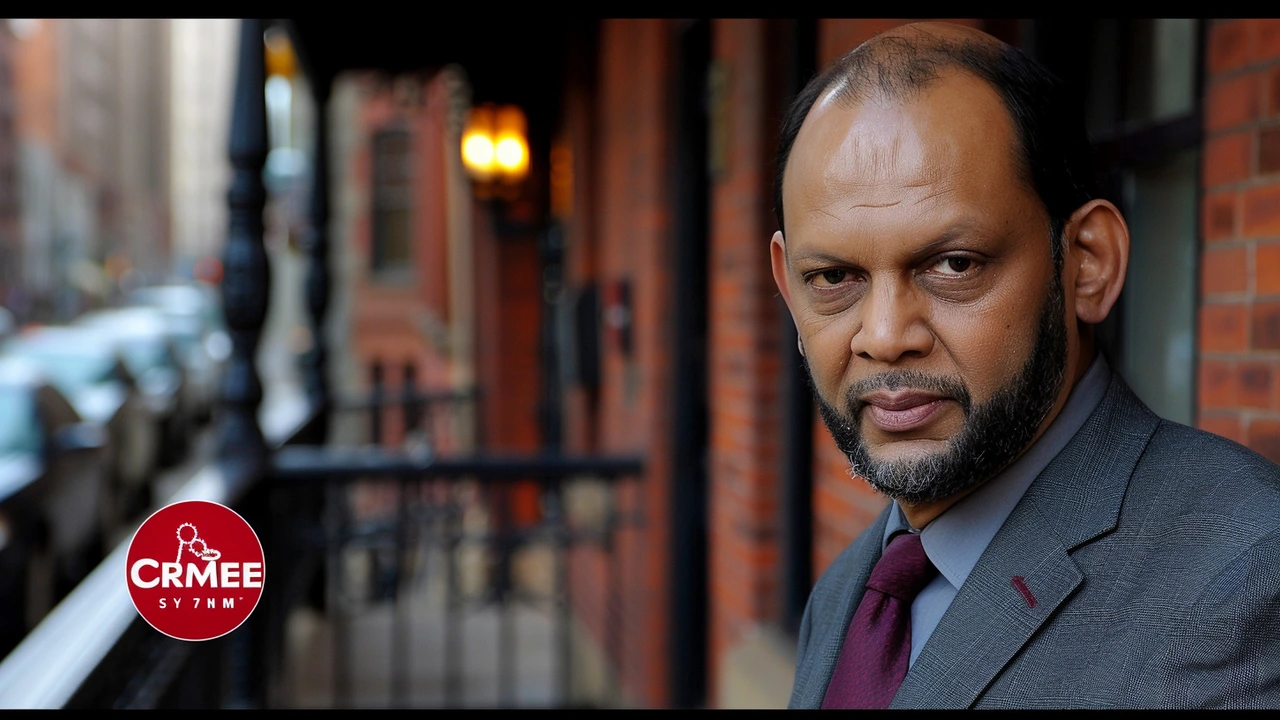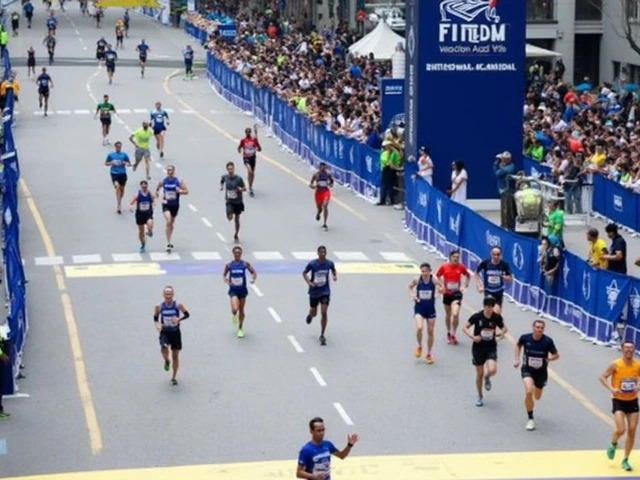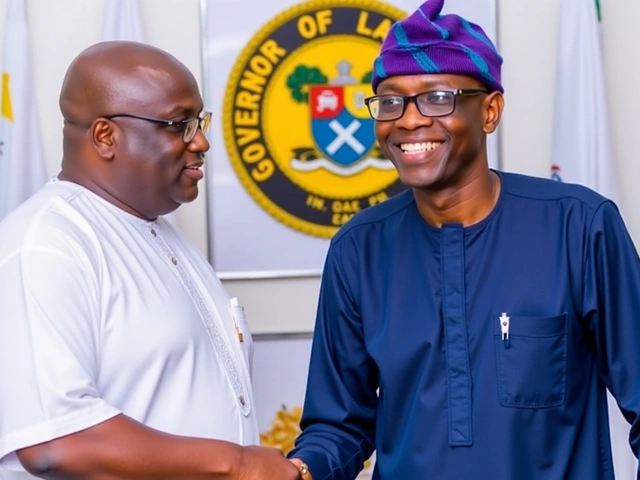South Africa's Path to Peaceful Elections and Judicial Independence
As South Africa prepares for its highly anticipated general elections on 29 May, the nation finds itself reflecting on its journey toward judicial independence and the significance of a peaceful democratic process. With law enforcement agencies working diligently to ensure that the elections proceed smoothly, the focus on maintaining order and fairness has never been more critical. The upcoming elections serve as an opportunity to highlight South Africa's commitment to democratic principles and the rule of law.
The emphasis on judicial independence in South Africa is not a new concept. It dates back to the pivotal moments in the country's history, such as the appointment of Yvonne Mokgoro, the first black woman judge, and the establishment of the Constitutional Court. Officially opened by President Nelson Mandela in 1995, the Constitutional Court was envisioned as a bastion of freedom, justice, and equality. Mandela's vision for the court was clear: judges should be creative and independent thinkers, not mere rubber stamps for the government.
Yvonne Mokgoro's appointment marked a significant milestone in South Africa's judicial history. Her journey to the bench was not just a personal triumph but also a symbol of the nation's progress in promoting diversity and representation within its legal system. Her presence on the bench challenged the status quo and represented a new era where the judiciary could serve as a true reflection of the country's demographics and values.
The Role of the Constitutional Court
The Constitutional Court has played a crucial role in upholding the principles of justice and safeguarding human rights in South Africa. Its decisions have had far-reaching implications, shaping the nation's legal landscape and ensuring that the rights of all citizens are protected. The court's independence is vital for maintaining public trust in the legal system and fostering a culture of accountability and transparency.
President Mandela's vision for the court was not only about the present but also about setting a precedent for the future. He believed that judges should have the freedom to interpret the law creatively and with integrity, free from external pressures. This vision has become a cornerstone of South Africa's judiciary, influencing how the legal system operates and how justice is administered.
Efforts to Ensure Peaceful Elections
As the 29 May elections draw closer, various stakeholders are taking steps to ensure a peaceful and secure electoral process. Law enforcement agencies have ramped up their efforts to prevent any potential disruptions, and initiatives have been put in place to promote voter education and engagement. These measures are designed to foster a sense of confidence among the electorate, encouraging widespread participation in the democratic process.
One of the key challenges facing South Africa during the elections is the prevention of violence and intimidation. The country's history of political unrest and social tensions necessitates a proactive approach to security. By deploying resources strategically and working in collaboration with community leaders, law enforcement aims to create a safe environment where citizens can exercise their right to vote without fear.
Voter Education and Engagement
An informed electorate is essential for a successful democracy. Efforts to educate voters about their rights, the voting process, and the importance of participating in elections have been intensified. Civic organizations, media outlets, and educational institutions are playing a critical role in spreading awareness and encouraging citizens to cast their ballots.
Voter engagement initiatives also aim to address the issue of voter apathy, which can undermine the democratic process. By highlighting the impact of each vote and emphasizing the role of citizens in shaping the future of the country, these efforts seek to motivate a higher voter turnout.
The Importance of a Fair and Democratic Process
The emphasis on peaceful elections in South Africa underscores the broader importance of a fair and democratic process. Free and fair elections are the bedrock of any democracy, serving as a means for citizens to voice their opinions and choose their leaders. Ensuring the integrity of the electoral process is paramount, as it directly impacts the legitimacy of the government and the overall stability of the nation.
In addition to maintaining security, there must be a commitment to transparency and accountability throughout the electoral process. This includes addressing any allegations of irregularities swiftly and effectively, as well as providing mechanisms for citizens to report concerns.
Looking Ahead
As South Africa approaches its 29 May general elections, the nation's focus on peaceful and fair elections highlights its dedication to democratic principles. The historical context of judicial independence, from the appointment of pioneering judges like Yvonne Mokgoro to the establishment of the Constitutional Court, illustrates the progress that South Africa has made. This legacy serves as a reminder of the importance of upholding justice and equality in every aspect of governance.
The upcoming elections present an opportunity for South Africa to demonstrate its commitment to a transparent and inclusive democratic process. With law enforcement and civic organizations working together to ensure a peaceful and secure environment, the stage is set for a momentous event in the country's political history. The emphasis on voter education and engagement seeks to empower citizens, reminding them of their vital role in shaping the nation's future. As the world watches, South Africa stands poised to uphold the principles of democracy and justice that have guided its journey thus far.










Write a comment